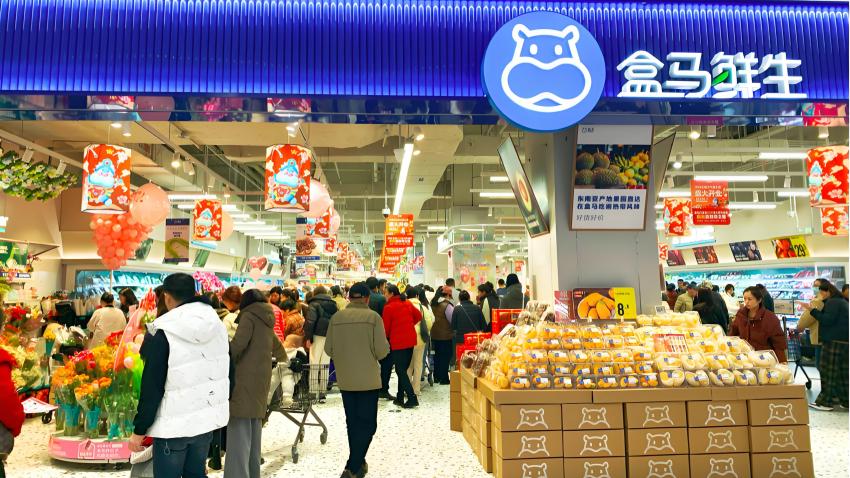You are here
Back to topMore Land Ports Opened To Serve Sino-Thai Fruit Trade

China’s General Administration of Customs announced on Nov. 4 that China and Thailand had finished updating the protocol with respect to receiving fruit exports from each other transported through third countries. The new protocol has been in effect since Nov. 3. According to the statement, when a truck carrying fruit is passing through a third country, its container is not allowed to be opened or replaced.
One of the highlights of the announcement is that the number of assigned ports of entry permitted to handle the fruit trade between the two countries has been increased to 16, of which 10 are on the Chinese side. Among the 10 Chinese land ports, six of them are newly added ones, namely, Longbang Port (龙邦口岸), Mohan Railway Port (磨憨铁路口岸), Shuikou Port (水口口岸), Hekou Port (河口口岸), Hekou Railway Port (河口铁路口岸) and Tianbao Port (天保口岸). The addition of these border crossings is expected to greatly shorten the transport time needed for Thai fruits to reach China. The only newly added port of entry on the Thai side is Nong Khai Port, which is designated to link Thailand to the China–Laos railway.
The original protocol regarding the Sino-Thai fruit trade via third countries was signed in 2009 and first updated in 2011. To relieve pressure on the Friendship Pass in Guangxi province, which is the busiest land port dealing with imported Thai fruit, the two countries worked together to push for the recent modification of the protocol.
The railway between China and Laos is scheduled to be completed and operational in December 2021, which will further facilitate the export of Thai goods to the Chinese market. At present, products from Thailand are highly reliant on overland routes through Guangxi province to reach China. Once the railway is open to the public, land ports in Yunnan province will provide another option for these products to enter China. According to industry insiders, the China–Laos railway will save both time and money for the export of Thai goods to Southwest China.
The opening of additional land ports and transport solutions is anticipated to provide a solid foundation for greater volumes of Thai fruit to enter China. In the first half of 2021, Thailand’s fruit exports to China totaled $2.42 billion, corresponding to a year-on-year increase of 71.1%. According to Phatthakorn Tanmanee, Agricultural Consul at the Royal Thai Consulate-General in Guangzhou, Thai officials are currently in the process of applying for China market access for several other fruit categories and the Chinese market still holds tremendous potential for further consumption of Thai fruits.
Image: Pixabay
This article was translated from Chinese. Read the original article.













Add new comment